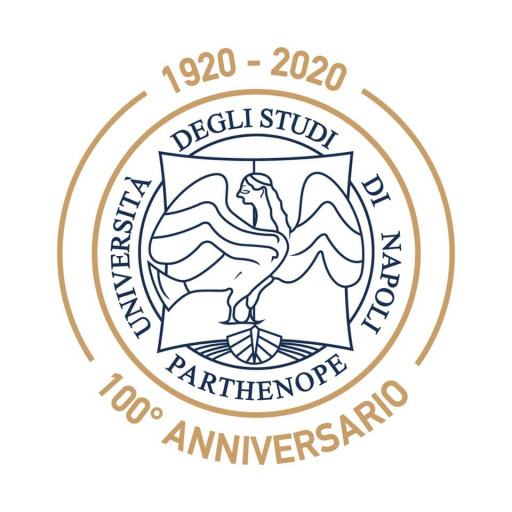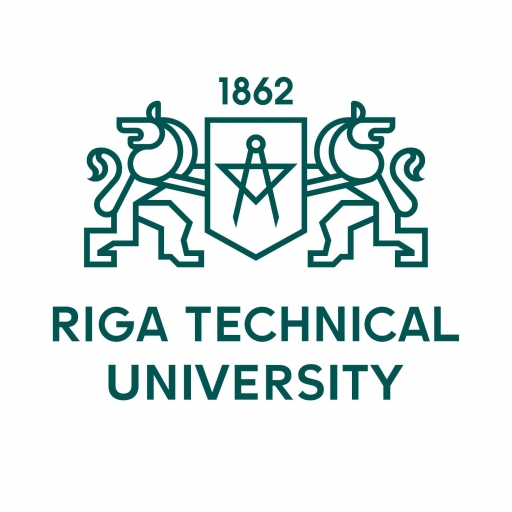Photos of university / #oxford_uni
The Undergraduate Mathematics and Foundations of Computer Science program at the University of Oxford offers an in-depth exploration into the fundamental principles of mathematics and their applications in the realm of computer science. Designed for students with a strong interest in analytical thinking, problem-solving, and abstract reasoning, this course provides a rigorous curriculum that develops essential skills in logical analysis, mathematical proof, and computational theory. Throughout the course, students will examine core mathematical disciplines such as algebra, calculus, discrete mathematics, and mathematical logic, gaining a solid foundation that underpins many areas of modern technology and theoretical research.
The programme also offers a comprehensive introduction to the foundations of computer science, encompassing areas like algorithms, programming, data structures, and computational complexity. Students will have opportunities to explore the theoretical underpinnings of computation, artificial intelligence, and cryptography, preparing them for careers in academia, industry, or research environments that demand high-level technical expertise. The course emphasizes a blend of theoretical understanding and practical skills, with numerous projects, coursework, and hands-on programming exercises designed to reinforce learning and encourage innovative thinking.
At Oxford, students benefit from world-class teaching by leading academics and researchers in mathematics and computer science. The curriculum is structured to foster intellectual curiosity and to develop the capacity for critical analysis and creative problem solving. Additionally, the program encourages engagement with cutting-edge research and interdisciplinary approaches, making it suitable for individuals aspiring to push the boundaries of knowledge in both fields. Graduates of this programme are well-equipped for further study at postgraduate level or for entering highly competitive sectors such as technology, finance, data science, or academia.
The programme typically spans three or four years, depending on the chosen pathway, and integrates a variety of assessment methods including examinations, coursework, and project work. Students also have access to state-of-the-art facilities, resources, and a vibrant academic community that promotes collaboration and intellectual development. The Oxford approach ensures that graduates not only possess a strong theoretical grounding but also the practical skills and innovative mindset required to excel in a rapidly evolving technological landscape. This combination of rigorous academic training and real-world applicability makes the Undergraduate Mathematics and Foundations of Computer Science programme at Oxford an outstanding choice for aspiring mathematicians and computer scientists.
The mathematical side concentrates on areas where computers are used, or which are relevant to computer science, namely algebra, general topology, number theory, combinatorics and logic. Examples from the computing side include computational complexity, concurrency, and quantum computing. Students take a minimum of five options and write a dissertation.
The course is suitable for those who wish to pursue research in pure mathematics (especially algebra, number theory, combinatorics, general topology and their computational aspects), mathematical logic, or theoretical computer science. It is also suitable for students wishing to enter industry with an understanding of the mathematical and logical design and concurrency.
The course will consist of examined lecture courses and a written dissertation. The lecture courses will be divided into two sections:
- Section A: Mathematical Foundations
- Section B: Applicable Theories
Each section shall be divided into schedule I (basic) and schedule II (advanced). Students will be required to satisfy the examiners in at least two courses taken from section B and in at least two courses taken from schedule II. The majority of these courses should be given in the first two terms.
During Trinity term and over the summer students should complete a dissertation on an agreed topic. The dissertation must bear regard to course material from section A or section B, and it must demonstrate relevance to some area of science, engineering, industry or commerce.
It is intended that a major feature of this course is that candidates should show a broad knowledge and understanding over a wide range of material. Consequently, each lecture course taken will receive an assessment upon its completion by means of a test based on written work. Students will be required to pass five courses, that include two courses from section B and two at the schedule II level - these need not be distinct - and the dissertation.
The course runs from the beginning of October through to the end of September, including the dissertation.
Applicants are normally expected to be predicted or have achieved a first-class or strong upper second-class undergraduate degree with honours (or equivalent international qualifications), as a minimum, in a subject with significant mathematical content.
For applicants with a degree from the USA, the minimum GPA sought is 3.4 out of 4.0.
If you hold non-UK qualifications and wish to check how your qualifications match these requirements, you can contact the National Recognition Information Centre for the United Kingdom (UK NARIC).
No Graduate Record Examination (GRE) or GMAT scores are sought.
- Official transcript(s)
- CV/résumé
- Statement of purpose/personal statement: Around one page
- References/letters of recommendation:Three overall, generally academic
ENGLISH LANGUAGE REQUIREMENTS
Higher level
|
est |
Standard level scores |
Higher level scores |
||
|
IELTS Academic |
7.0 | Minimum 6.5 per component | 7.5 | Minimum 7.0 per component |
|
TOEFL iBT |
100 |
Minimum component scores:
|
110 |
Minimum component scores:
|
| Cambridge Certificate of Proficiency in English (CPE) | 185 |
Minimum 176 per component |
191 |
Minimum 185 per component |
| Cambridge Certificate of Advanced English (CAE) | 185 |
Minimum 176 per component |
191 |
Minimum 185 per component |
The Mathematics and Foundations of Computer Science undergraduate program at the University of Oxford offers a range of financing options to support students throughout their studies. Tuition fees are set annually and vary depending on the student's fee status and residency. For UK students, the fees are typically aligned with government-determined caps, whereas international students generally pay higher fees. Students are encouraged to explore scholarships, bursaries, and financial support schemes available to them. The University offers several prestigious scholarships, such as the Clarendon Fund, which provides full or partial funding based on outstanding academic achievement and potential. Additionally, the Oxford Target School Leaver scheme supports students from low-income backgrounds, helping to reduce financial barriers. Many students also utilize government student loans and maintenance grants, which assist with living costs and accommodation expenses. The College to which students are admitted may also have its own bursaries or hardship funds to provide additional financial assistance. Work opportunities are available on campus, allowing students to earn supplementary income through tutoring, research assistance, or other part-time roles. It is recommended that prospective students consult the official University of Oxford website and contact the admissions office directly for the most current information on tuition fees, financial aid options, and application procedures. Planning financially for university involves careful consideration of tuition, living expenses, textbooks, and other study-related costs, and the University strives to make education accessible through numerous funding opportunities. Students are advised to apply early for scholarships and financial support programs to increase their chances of securing funding. Overall, Oxford University is committed to supporting its students financially, ensuring that talented individuals from diverse backgrounds can pursue their academic ambitions in Mathematics and Foundations of Computer Science.
The Mathematics and Foundations of Computer Science undergraduate degree at the University of Oxford offers a rigorous and comprehensive curriculum designed to develop a deep understanding of the theoretical and practical aspects of mathematics and computer science. The programme provides students with a strong foundation in pure mathematics, including algebra, analysis, geometry, and topology, alongside specialized modules that explore the mathematical principles underpinning computer science. Students gain exposure to key areas such as algorithms, complexity theory, formal methods, and logic, enabling them to understand and develop advanced computational systems.
Throughout the course, students have access to world-class teaching and research facilities, benefiting from the university’s distinguished faculty members who are leaders in their fields. The programme emphasizes problem-solving, analytical thinking, and mathematical reasoning, equipping graduates with skills that are highly valued in academia, industry, and technology sectors. The curriculum is flexible, allowing students to tailor their studies to align with particular interests, whether in pure mathematics, applied mathematics, or theoretical computer science.
In addition to core modules, students are encouraged to undertake independent research projects and participate in seminars that promote active engagement with current developments in both mathematics and computer science. The course typically combines lectures, tutorials, workshops, and group projects to foster collaborative learning and critical thinking. Students also benefit from the university's strong connections with industries and research institutions, providing opportunities for internships, placements, and further research experience.
Graduates of this programme are well-prepared for careers in software development, data analysis, cryptography, academia, and research or may choose to pursue postgraduate studies at Oxford or other leading institutions worldwide. Overall, the programme aims to produce versatile professionals capable of applying mathematical and computational techniques to solve complex real-world problems, contributing to technological innovation and scientific progress.








